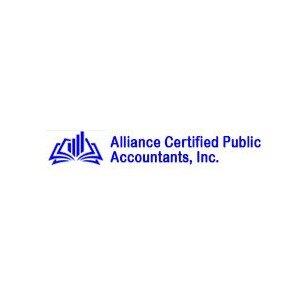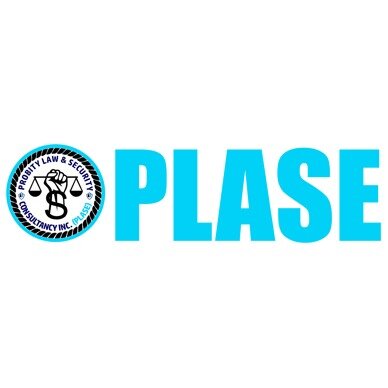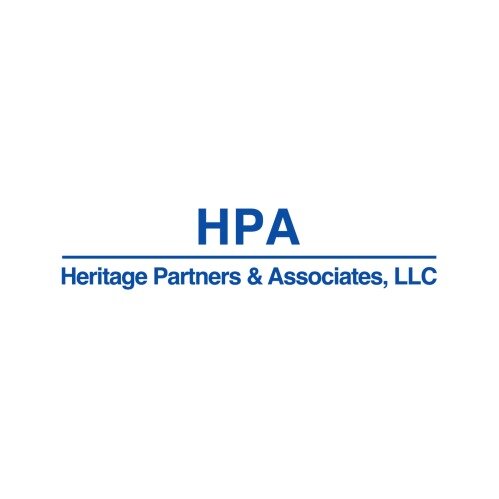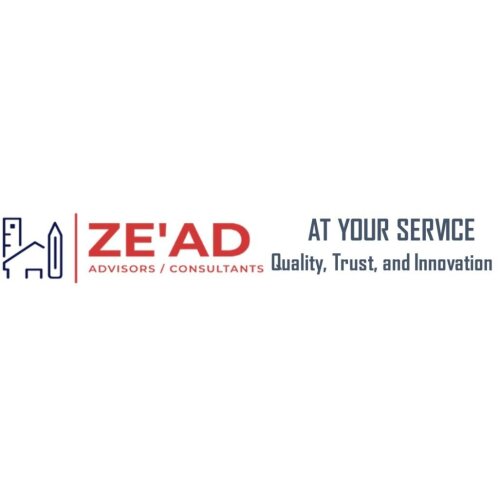Best Project Finance Lawyers in Liberia
Share your needs with us, get contacted by law firms.
Free. Takes 2 min.
Or refine your search by selecting a city:
List of the best lawyers in Liberia

Alliance Certified Public Accountants, Inc. (Alliance CPAs, Inc.)
15 minutes Free ConsultationAbout Project Finance Law in Liberia
Project finance is a legal and financial structure used to fund major infrastructure and development projects in Liberia, particularly in sectors like energy, mining, transportation, and public utilities. In project finance, a separate project company is typically formed to develop, own, and operate the project. The financing is often secured through future cash flows generated by the project itself, rather than relying on the balance sheet of the sponsors. This approach allows both international and local investors to engage in large-scale projects while managing their risk exposure.
Liberia, as a developing country with significant natural resources and infrastructure needs, is actively engaging in project finance to drive economic growth. The country has adopted various legal frameworks and policies to attract foreign investment and facilitate the development of critical projects.
Why You May Need a Lawyer
Project finance transactions in Liberia can be complex and involve various stakeholders, government regulations, and contractual arrangements. Here are some common situations where legal assistance becomes essential:
- Drafting and negotiating project agreements such as concession agreements, power purchase agreements, and supply contracts
- Understanding and complying with local legal requirements, including environmental, land use, and regulatory approvals
- Structuring the project to minimize legal risks and resolve issues related to security interests, ownership, and liability
- Assessing and ensuring compliance with tax laws and investment incentives offered by the Liberian government
- Facilitating financing arrangements with local and international banks or development institutions
- Resolving disputes between project sponsors, contractors, or government authorities
- Navigating cross-border legal issues in projects involving foreign investors
Engaging a lawyer experienced in project finance ensures all legal aspects are thoroughly addressed, reducing risks of delays, legal disputes, or non-compliance penalties.
Local Laws Overview
Project finance in Liberia is governed by a mixture of national laws, sector-specific regulations, and international conventions. Some key legal aspects relevant to project finance include:
- Investment Incentives: The Liberia Investment Act and related regulations provide incentives such as tax exemptions and guarantees of non-expropriation to attract investors.
- Land Ownership and Use: Land for projects can be acquired through leases, concessions, or agreements with the government or communities. The Land Rights Act outlines land tenure, ownership, and community land rights.
- Environmental Regulations: The Environmental Protection Agency (EPA) oversees mandatory Environmental Impact Assessments (EIA) for major projects to ensure compliance with environmental standards.
- Licensing and Permits: Projects typically require sector-specific permits, such as mining licenses or power generation licenses, issued by relevant authorities.
- Contract Law: Contractual arrangements for project finance are governed by Liberia’s Contracts Law, with special provisions for agreements involving the government or foreign parties.
- Securities and Collateral: The law allows for the creation and registration of security interests in project assets to secure loans and financing arrangements.
- Dispute Resolution: Many project finance agreements provide for arbitration, often under international rules, as the preferred dispute resolution method.
It is important to ensure all legal requirements are met before proceeding with a project to avoid costly legal challenges or delays.
Frequently Asked Questions
What is project finance, and how is it used in Liberia?
Project finance is a method of funding large-scale infrastructure or resource development projects based on the future cash flows generated by the project itself. In Liberia, it is commonly used for mining, energy, transportation, and utility projects.
Who can invest in project finance projects in Liberia?
Both local and foreign investors can participate in project finance transactions in Liberia. The government encourages foreign investment, subject to compliance with investment and sector-specific regulations.
What types of projects are typically financed this way in Liberia?
Common projects include mining operations, power plants, roads, ports, telecommunications infrastructure, and water supply systems.
What government approvals are required for project finance deals?
Most projects need approvals from relevant government ministries or agencies, such as the Ministry of Mines and Energy, the Environmental Protection Agency, and the National Investment Commission, depending on the sector.
Are there any tax incentives for project finance investments?
Yes, the Liberia Investment Act offers various tax incentives, including income tax holidays and exemptions from import duties for qualifying projects.
Can land be used as collateral for project finance?
Land held under lease or concession agreements can generally be used as collateral, provided proper registration procedures are followed and the agreement does not restrict such use.
What are the environmental requirements for project finance projects?
All major projects must undergo an Environmental Impact Assessment (EIA), receive an environmental permit from the EPA, and comply with ongoing monitoring and reporting obligations.
Is international arbitration recognized in Liberia for project disputes?
Yes, Liberia recognizes and enforces international arbitration awards, and it is common for project agreements to specify arbitration as the method for resolving disputes.
How is security for loans documented in Liberia?
Security interests, such as charges or mortgages over project assets, must be documented by formal agreements and registered with the appropriate authorities to be legally enforceable.
Are public-private partnerships (PPPs) common in Liberia?
Yes, PPPs are increasingly used for large infrastructure projects, with legal and policy frameworks in place to support collaborations between the government and private investors.
Additional Resources
If you are seeking further information or legal support regarding project finance in Liberia, the following resources may be helpful:
- National Investment Commission - Promotes and facilitates investment, including guiding investors through legal and regulatory requirements
- Ministry of Mines and Energy - Regulates mining and energy projects
- Ministry of Public Works - Oversees infrastructure projects such as transport and water supply
- Environmental Protection Agency (EPA) - Manages environmental compliance and EIA processes
- Liberia Bar Association - Can provide referrals to experienced attorneys in project finance
- Center for Transparency and Accountability in Liberia (CENTAL) - Offers guidance related to transparency and legal compliance
Next Steps
If you need legal assistance with a project finance matter in Liberia, consider the following steps:
- Clarify your project’s goals, parties involved, and the type of financing you are seeking
- Gather all relevant documents, such as project proposals, business plans, and details about project stakeholders
- Consult with a lawyer experienced in project finance to assess legal requirements, risks, and structuring options
- Engage with relevant government agencies early to understand specific licensing or compliance obligations
- Work with your lawyer to prepare and negotiate contracts, secure permits, and ensure all regulatory obligations are met before proceeding
- If disputes or complex legal issues arise, explore dispute resolution or arbitration options to protect your interests
Professional legal advice ensures your project is structured for success and compliant with all legal requirements in Liberia.
Lawzana helps you find the best lawyers and law firms in Liberia through a curated and pre-screened list of qualified legal professionals. Our platform offers rankings and detailed profiles of attorneys and law firms, allowing you to compare based on practice areas, including Project Finance, experience, and client feedback.
Each profile includes a description of the firm's areas of practice, client reviews, team members and partners, year of establishment, spoken languages, office locations, contact information, social media presence, and any published articles or resources. Most firms on our platform speak English and are experienced in both local and international legal matters.
Get a quote from top-rated law firms in Liberia — quickly, securely, and without unnecessary hassle.
Disclaimer:
The information provided on this page is for general informational purposes only and does not constitute legal advice. While we strive to ensure the accuracy and relevance of the content, legal information may change over time, and interpretations of the law can vary. You should always consult with a qualified legal professional for advice specific to your situation.
We disclaim all liability for actions taken or not taken based on the content of this page. If you believe any information is incorrect or outdated, please contact us, and we will review and update it where appropriate.
Browse project finance law firms by city in Liberia
Refine your search by selecting a city.











